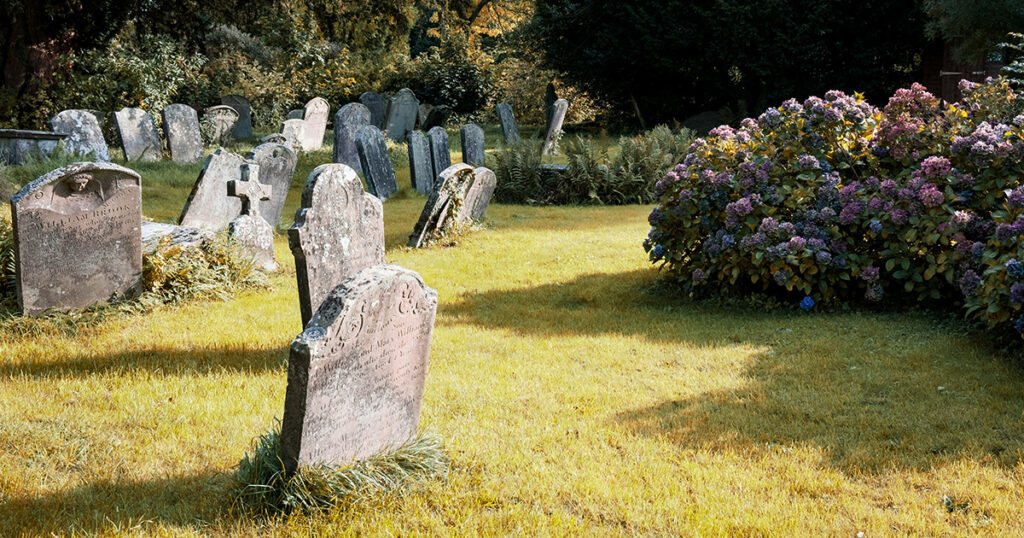
Berceuse
Someone tried my door last night. Memory of the hotel
in Tangier before an early flight. Barricaded in my room.
Dinner a paper bag of fresh dates
from the Petit Socco. Male laughter in the corridor.
Down the coast, a high-rise just like this one fell
on its sleeping inhabitants. That’s how damp and salt doom
our castles as they eat off continental plates.
The breeze enters freely past the front desk, an omnivore.
The tower is peeling, en croute,
a yellow slab of concrete plastered
decades ago, and points
like a war ruin to Beirut,
if not an upside-down bottle of mustard
in one of these burger joints.
*
Or it’s a hospital of sorts, where we’ve come to red-shift
away from mundane affairs, toward an ideal reduction:
sea and sky. Dodging meth heads by the beach ramp,
I hustle back to the lobby with its croon of abandonment.
Hurricanes took out much of the sea wall; with what thrift
workers wound caution tape around the remains of a fountain,
a circle in a square, dry tile, cracked paint, broken lamp.
The tenants are suing management,
says a retiree in the elevator,
tugging lightly on the leash of a maltipoo
—who, at least, is spiffy.
They see me to my floor—
reeking of deodorizer (“Summer Dew”)
and something iffy.
*
It’s the right month for breeding plumage:
The egret’s green face-stripe, the pelican’s yellow cap
are unequivocal,
jazz up feathers of smoky Lapsang
which, to a woman of a certain age,
conjures a finger-snap
and Joni waxing lyrical
on Dorothy Lamour’s sarong.
Squadrons volplane over the sands
carrying twigs in clothespin-beaks:
not free if nesting; nesting, if not free.
At this hour every shadow is a dachsund’s,
and the tide leaves rufous streaks;
the condo’s shade falls on me mercifully …
The Iliad in a Scottish Cemetery
The culinary garden on the burial grounds
raises a few eyebrows, but not the dead.
There’s lovage, chamomile, pineapple sage.
The graven names are old Scottish names.
On my headphones, though, is The Iliad,
so my eyes take in Prestons, Grays, and Grahams
as my ears do Agamemnon, Calchas, Diomedes.
On a plinth a bas-relief of storm-tossed seas
commemorates a mariner. The catalog of ships
survives in unfamilial polysyllables.
Names don’t translate; a mouthful of pebbles,
they slow the language roaring down the page.
I’m in two foreign countries at once, by turn
testing on my tongue the umami of these sounds,
iron-laced water like blood-anointed spear-tips
and the tangy granite in the skirling burn.
La Folía
Now that experts have verified
that a harp and a cello
from the seventeenth century
came from the same evergreen,
based on matching rings in the wood grain,
will playing them together
be marrying the instruments,
harp and cello,
from the same evergreen
with the matching rings?
Or now that experts have verified
that a harp and a cello
from the seventeenth century
came from the same evergreen,
based on matching rings in the wood grain,
will playing them together,
marrying the instruments,
harp and cello,
resurrect the tree?
Where is the tree now, in this music,
if there’s music at all in wood so old?
If, now that experts have verified
that a harp and a cello
from the seventeenth century
came from the same evergreen,
based on matching rings in the wood grain,
and playing them together
marries the instruments,
resurrecting the tree,
will the nuptials
sate our longing for miracles?
Since now that experts have verified
that a harp and a cello
from the seventeenth century
came from the same evergreen,
based on matching rings in the wood grain,
and playing them together
may achieve perfect resonance,
resurrecting the tree,
will it crack the wood with wonder
when the nuptials,
sating our longing for miracles,
shows that music is the source of discovery,
the discovery of a time signature
secreted in the evergreen—
that this was the miracle all along?

